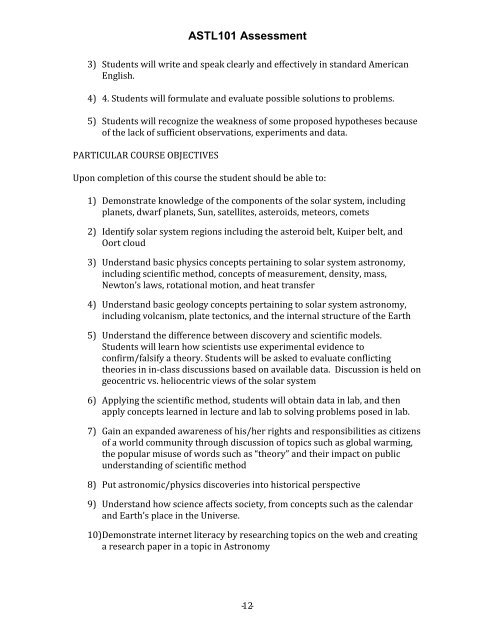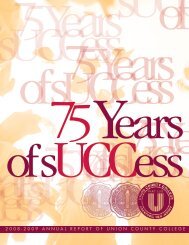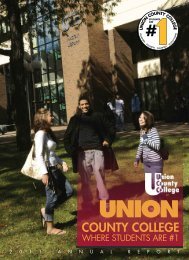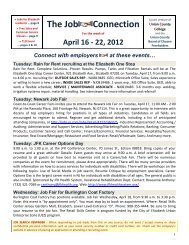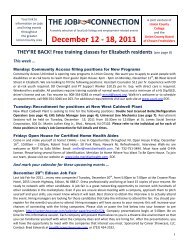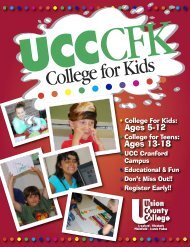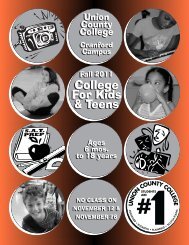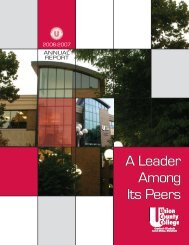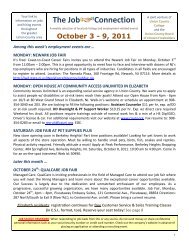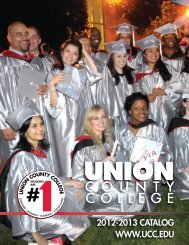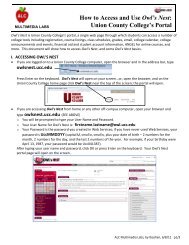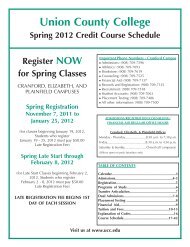Exhibit 147
Exhibit 147
Exhibit 147
Create successful ePaper yourself
Turn your PDF publications into a flip-book with our unique Google optimized e-Paper software.
ASTL101 Assessment<br />
3) Students will write and speak clearly and effectively in standard American<br />
English.<br />
4) 4. Students will formulate and evaluate possible solutions to problems.<br />
5) Students will recognize the weakness of some proposed hypotheses because<br />
of the lack of sufficient observations, experiments and data.<br />
PARTICULAR COURSE OBJECTIVES<br />
Upon completion of this course the student should be able to:<br />
1) Demonstrate knowledge of the components of the solar system, including<br />
planets, dwarf planets, Sun, satellites, asteroids, meteors, comets<br />
2) Identify solar system regions including the asteroid belt, Kuiper belt, and<br />
Oort cloud<br />
3) Understand basic physics concepts pertaining to solar system astronomy,<br />
including scientific method, concepts of measurement, density, mass,<br />
Newton’s laws, rotational motion, and heat transfer<br />
4) Understand basic geology concepts pertaining to solar system astronomy,<br />
including volcanism, plate tectonics, and the internal structure of the Earth<br />
5) Understand the difference between discovery and scientific models.<br />
Students will learn how scientists use experimental evidence to<br />
confirm/falsify a theory. Students will be asked to evaluate conflicting<br />
theories in in-class discussions based on available data. Discussion is held on<br />
geocentric vs. heliocentric views of the solar system<br />
6) Applying the scientific method, students will obtain data in lab, and then<br />
apply concepts learned in lecture and lab to solving problems posed in lab.<br />
7) Gain an expanded awareness of his/her rights and responsibilities as citizens<br />
of a world community through discussion of topics such as global warming,<br />
the popular misuse of words such as “theory” and their impact on public<br />
understanding of scientific method<br />
8) Put astronomic/physics discoveries into historical perspective<br />
9) Understand how science affects society, from concepts such as the calendar<br />
and Earth’s place in the Universe.<br />
10) Demonstrate internet literacy by researching topics on the web and creating<br />
a research paper in a topic in Astronomy<br />
- 12 -


